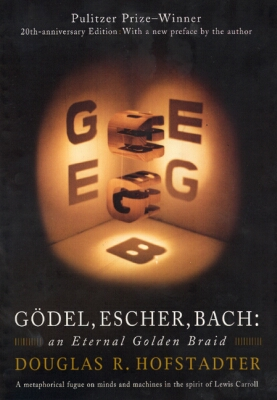Count Zero by William Gibson
 Count Zero is the middle volume of the Sprawl trilogy written by William Gibson, which includes Neuromancer, Count Zero, and Mona Lisa Overdrive, all of them very good books and set in the same universe as the short stories Johnny Mnemonic, New Rose Hotel and Burning Chrome.
Count Zero is the middle volume of the Sprawl trilogy written by William Gibson, which includes Neuromancer, Count Zero, and Mona Lisa Overdrive, all of them very good books and set in the same universe as the short stories Johnny Mnemonic, New Rose Hotel and Burning Chrome.I had read this book when I was a child and I loved it a lot. Circumstances moved me towards reading it again and I am glad they did. In my youth I had barely understood it and I can't say I did a lot better now either; that's because Gibson is one of the mature writers, writing for the mind and heart of adults.
Count Zero in particular, it felt like something one must feel through bones, must sip the content like a good coffee and digest the content with one's soul. Alas, I am not that kind of a guy, so I read it fast in the subway while going to work, in big gulps, like the glutton I am. I highly recommend the former approach ;)
The plot itself is like a high tech detective story, but it is almost irrelevant. Gibson has such a clear and powerful vision of the future, that it subjugates all of its characters to it and makes it, the future, the main character. Many things are not said, but left to be understood, like the reasons while the world is the way it is and why people act the way they do. Read Count Zero, even if you are not a sci-fi reader, because beyond the storyline there are layers upon layers of worldliness and it is a great book.
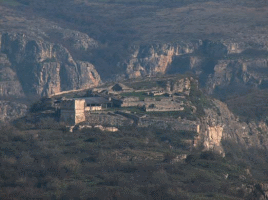
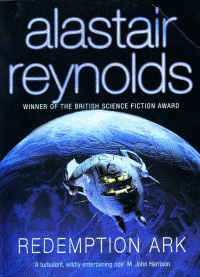
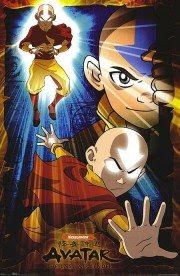



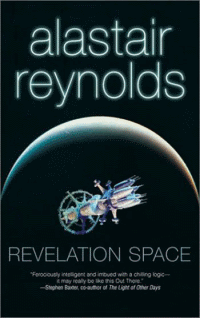

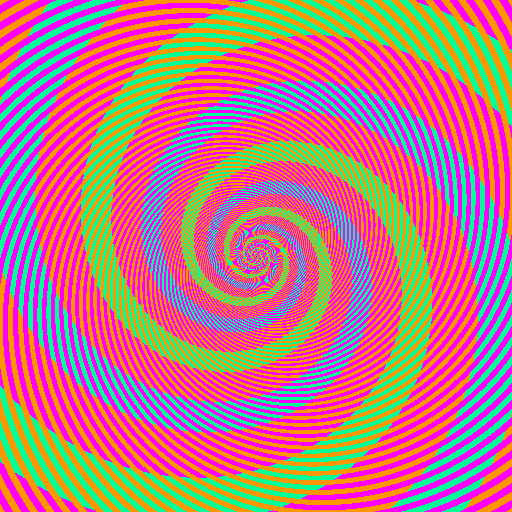
.jpg)

